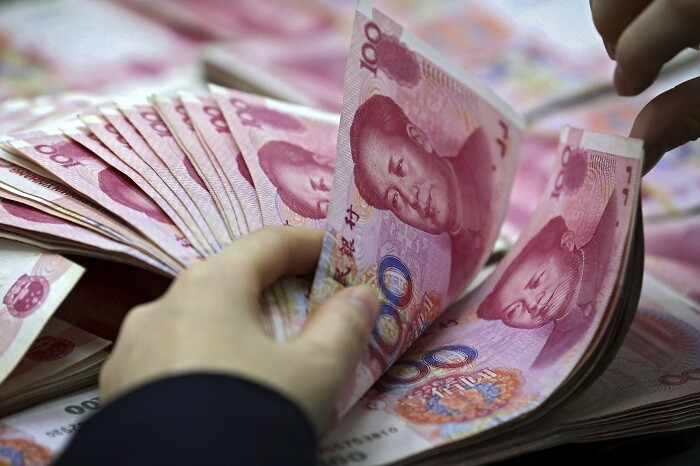
SEOUL - A growing number of developing nations are turning away from U.S. dollar-denominated debt and opting for loans in other currencies, such as the Chinese yuan and Swiss franc, to ease their interest burdens, as the U.S. Federal Reserve maintains high interest rates. The shift is highlighted in a recent report by the Financial Times.
Countries like Kenya, Sri Lanka, and Panama have recently joined this trend. In August, Kenya's Treasury announced it was in discussions with the Export-Import Bank of China to repay a $5 billion U.S. dollar loan in yuan, citing the heavy financial strain from the railway project for which the funds were originally borrowed.
Similarly, Sri Lankan President Anuradha Dissanayake told parliament last month that the country is seeking a yuan loan to complete a major expressway project that was halted after the 2022 debt default. Panama, meanwhile, secured a nearly $2.4 billion loan in Swiss francs in July. Panama’s Finance Minister stated this move saved the country over $200 million in interest costs compared to a dollar loan, helping curb the fiscal deficit and avoid a potential credit rating downgrade to junk status.
The Appeal of Lower-Interest Currencies
The U.S. benchmark interest rate currently stands at 4.25-4.5%, significantly higher than rates in other major economies. In contrast, the Swiss National Bank (SNB) lowered its policy rate to 0% in June, and the People’s Bank of China’s 7-day reverse repurchase agreement rate, which serves as a de facto benchmark, is 1.4%.
Thilina Panduwawala of Frontier Research in Colombo noted that the primary reason for switching to yuan is the lower cost of financing. She pointed out that many "Belt and Road" initiative loans in the 2010s were originally made in dollars when interest rates were much lower than they are now.
While borrowing in currencies like the yuan or Swiss franc can offer significantly lower interest rates than dollar-denominated bonds, this approach isn't without its challenges. Huang Yufan, a researcher at the China-Africa Research Initiative at Johns Hopkins University, said that even with the low yuan interest rates, many debtor nations are hesitant.
Most governments rarely receive export payments in yuan or Swiss francs, which means they must use derivatives to hedge against currency exchange rate risks when taking on loans in these currencies.
Broader Trends and Long-Term Outlook
This trend is also seen in other emerging markets. Colombia is reportedly considering Swiss franc loans to buy back government bonds at a discount. In the corporate sector, emerging market companies have been increasing their euro-denominated bond issuance, with a record $239 billion issued through July of this year.
However, experts caution that while these alternative financing methods can help manage interest costs in the short term, they cannot replace access to the much larger U.S. dollar bond market in the long run.
One emerging market bond fund manager stressed the importance for policymakers to "make improvements to regain access to the dollar market," highlighting its continued significance for global finance.
[Copyright (c) Global Economic Times. All Rights Reserved.]






























